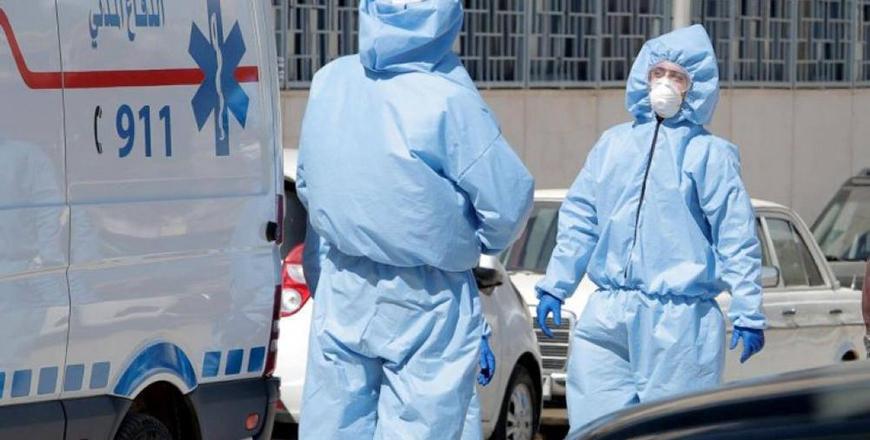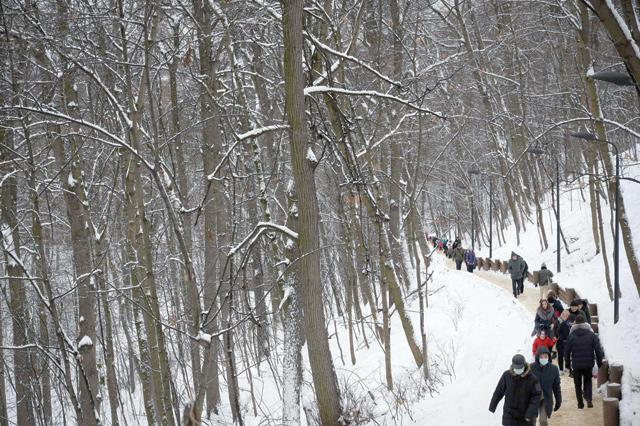You are here
Jordan’s anti-virus measures prove ‘successful’ — JSF
By JT - Jul 12,2020 - Last updated at Jul 12,2020

The Kingdom’s ‘successful’ anti-virus measures have resulted in minimising the number of coronavirus cases, according to the Jordan Strategy Forum (JT file photo)
AMMAN — The Kingdom’s “successful” anti-virus measures have resulted in minimising the number of coronavirus cases, according to the Jordan Strategy Forum (JSF).
Jordan became the first out of 13 countries in the world that had the highest government response stringency, the JSF said citing the Oxford COVID-19 Government Response Tracker.
Jordan was the first country in the world to attain a perfect score (100/100) on the stringency index, and sustained the score for 34 days, which is the 6th highest period in the world in terms of the longevity of the lockdown, the JSF said in a statement made available to The Jordan Times.
On March 16, the government announced a full lockdown to truncate the spread of the pandemic after the first 26 confirmed cases.
At the time, there were little, if any, global practices upon which the government could rely on in its response plan. After multiple iterations, the government "successfully" minimised physical human interactions by digitising education, promoting telecommuting and online financial services, and providing limited time windows in which citizens can acquire their groceries, read the statement.
COVID-19 reporting in Jordan differentiates between local cases confirmed and cases among arrivals from abroad. "This strategy is quite essential to reflect the reality of the COVID-19 status inside Jordan, in addition to ensuring the safety of all economic activities," according to the JSF.
Since the beginning of the pandemic, until June 21, Jordan had the 42th lowest number of corona cases per capita out 180 countries, the JSF said.
In addition, it is worth noting that countries with less per capita cases have carried out a smaller number of tests than Jordan. In fact, in June 2020, Jordan ranked 28th out of 87 countries in terms of daily testing per thousand people, outperforming some of the major economies in the world such as Germany, Switzerland, Norway, Oman, Saudi Arabia, and New Zealand, according to the JSF findings.
Jordan has also sustained a relatively low number of deaths associated with COVID-19, where the Kingdom ranked 57th out of 208 countries in percentage of deaths with respect to the number of confirmed cases.
While the measures taken by the government have significantly truncated the spread of the virus, it is important to realise that Jordan has ranked 53rd as the youngest population out of 187 countries at median age around 23 years old, and approximately 3.8 per cent of the population are older than 65, the age group that is at a higher risk of death due to SARS-Coronavirus-2, the statement said.
Nevertheless, credit must be given to the 24,000 Jordanian doctors — 16,000 of which reside in Jordan — in addition to the nursing teams across the country that made Jordan "one of the best performing countries in the world".
Despite the exemplary role that Jordan has played during this pandemic, which construed it as a "success story" for global practices, Jordanian citizens must not take the situation lightly and should comply with the safety measures at all costs, the JSF said.
The World Health Organisation issued an explicit warning of a “second peak” for countries that have imposed lenient measures after their first peak.
"Negligence of citizens is the most imminent threat to reaching this dangerous state. A second peak in the case of Jordan may be detrimental to the Jordanian economy given that the IMF projects a 3.7 per cent decline in real GDP by the end of 2020 due to the first wave only," read the statement.
The JSF has urged the government to incorporate innovative solutions adopted by other nations, namely artificial intelligence-driven temperature screening device using a smartphone fitted with thermal and 3D laser cameras, convenience apps, telemedicine, contact tracing using cellphones and utilisation of smart city features, among others.
Related Articles
AMMAN — As Jordan recorded its highest coronavirus daily infection rate on Saturday, the efforts of the health sector are to be intensified
PARIS — Countries across the world tightened restrictions on their populations Saturday to fight a resurgence in the coronavirus, as the Eur
AMMAN — Joint inspection teams across the Kingdom are intensifying their field tours to ensure compliance with public safety measures and De


















